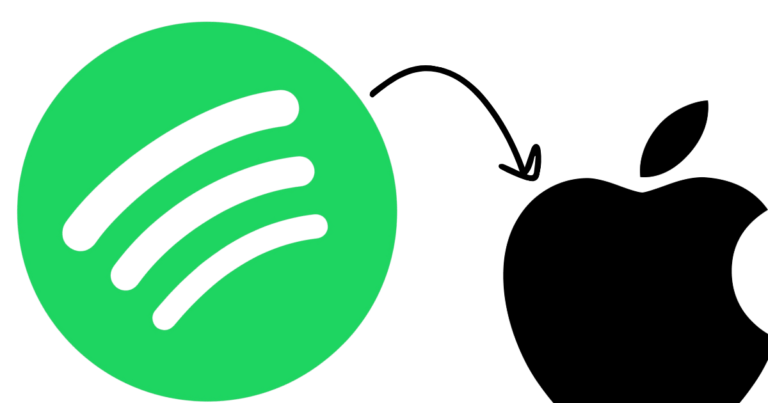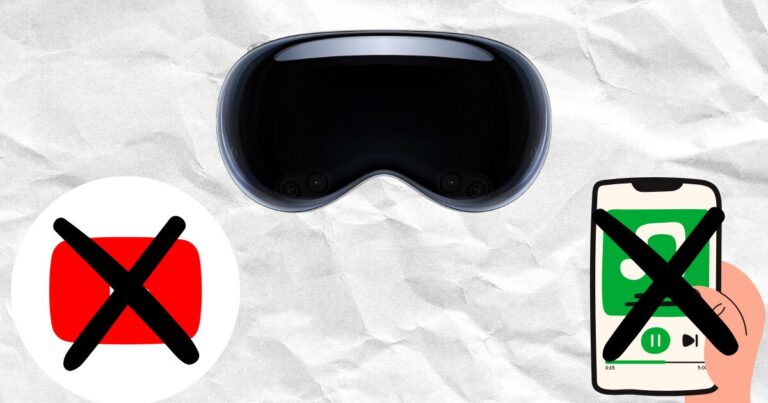DuckDuckGo and Neeva Struggle to Compete with Google

In the competitive world of search engines, startups like DuckDuckGo and Neeva have faced notable challenges in their efforts to compete with tech giant Google. A recent court filing in the U.S. Department of Justice’s case against Google has shed light on the difficulties these smaller companies encounter in the search market.
DuckDuckGo’s Journey
DuckDuckGo, known for its privacy-focused search engine, has been profitable since 2014, primarily earning through search advertising provided by Microsoft in the U.S. With this, the court filing suggests that DuckDuckGo has not heavily invested in search innovation.
Instead, it appears that a significant portion of the funds raised in 2018 and 2020 was distributed to shareholders rather than being used to improve the search engine. However, the filing also notes that a third of DuckDuckGo’s employees were working on enhancing the search engine in 2018.
With its profitability, DuckDuckGo has not developed its own comprehensive web index for organic search results. This lack of a proprietary search index is a significant point, as it highlights the challenges smaller search engines face in building infrastructure comparable to Google’s.
Neeva’s Struggle
Neeva, founded by former Google employees, aimed to offer an ad-free alternative to Google, generating revenue through subscriptions. Despite attracting over 600,000 users by 2022, most were not paying customers.
The startup initially used Microsoft’s Bing for search results while developing its own search infrastructure. By 2022, Neeva was using its techniques for ranking web results and believed it was comparable to Google, thanks to advanced techniques like machine learning and natural language processing.
However, Neeva’s journey was not smooth. The inability to compete with free search engines led to the closure of its consumer search engine and a pivot to enterprise, culminating in an acquisition by Snowflake for approximately $184.4 million.
Google’s Dominance
Google’s court filing attempts to demonstrate that people choose its search engine due to its superior quality and innovation, not because of its monopoly. The tech giant also argues that it faces competition from various specialized search services like Yelp, Airbnb, Amazon, and social media platforms.
The struggles of DuckDuckGo and Neeva highlight the immense challenge of competing in a market dominated by Google. Despite innovative approaches and significant efforts, these startups have found it difficult to rival Google’s extensive resources and established user base. The case continues to unfold, revealing the complexities of the search engine market and the uphill battle faced by emerging competitors.






